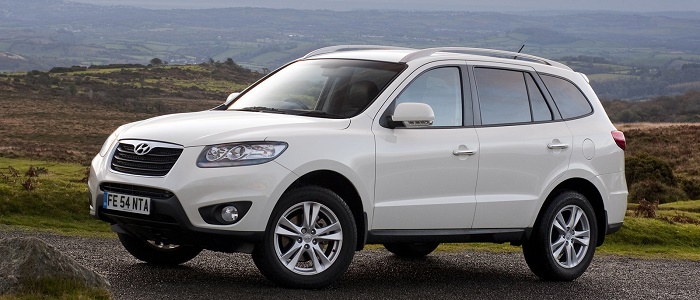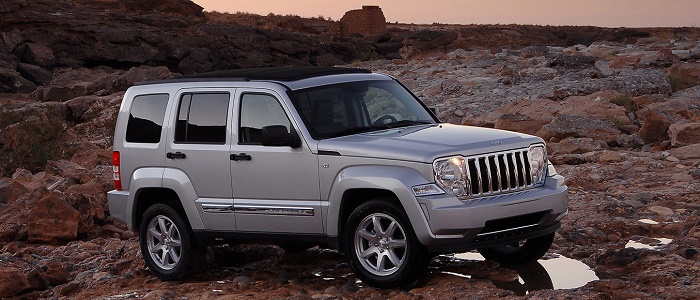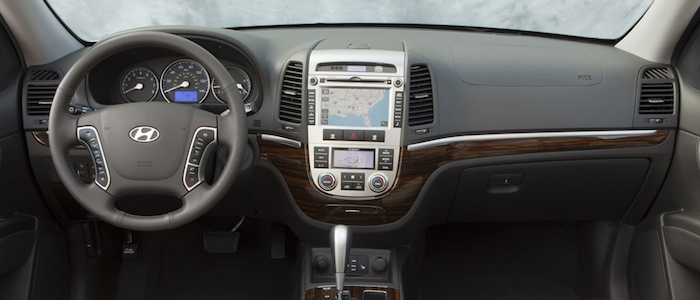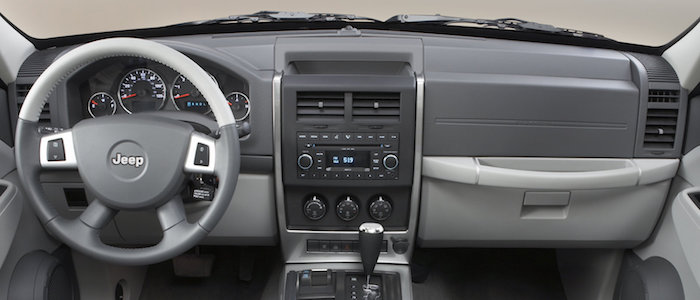Compare two cars
Compare any two cars and get our Virtual Adviser™ opinion
Marketing
Dimensons & Outlines
Engine
Performance (manual gearbox)
Performance (automatic gearbox)
Expenses
Virtual Adviser's™ opinion
Well, these are two pretty similar cars we have here! It's only details that could potentially make the difference. Considering they both belong to the suv segment and utilize the same 5-door suv body style and the 4 x 4 wheel drive system, it all comes up to the specific diesel engine choice they offer. The first one has a Hyundai-engineered powertrain under the hood, a 4-cylinder, 16-valves 200hp unit, while the other one gets its power and torque from a 4-cylinder, 16-valves 177hp engine designed by VM Motori.
SafetyThe fact that the Hyundai got tested by the European New Car Assessment Programme (Euro NCAP), while the other contender didn't, offers a slight advantage, as the 4-star rating is better than none. Moving further on, let's take a closer look at some additional safety-related facts. Both vehicles belong to the suv segment, which is generally a very good thing safety-wise, but it doesn't do much to help us decide between the two. On the other hand, taking kerb weight as an important factor into account, the American car offers a marginal difference of 9% more metal.
ReliabilityI don't like generalizing things when it comes to reliability, although it does seem that Hyundai as a brand displays somewhat better results, at least on all of the models level. These are the official statistics, while our visitors describe reliability of Hyundai with an average rating of 4.5, and models under the Jeep badge with 4.0 out of 5. Unfortunatelly, I don't have enough insight that would allow me to comment in more details on the specific models level. Above it all, drivers of cars with the same engine as the Korean car rank it on average as 5.0, while the one under the competitor's bonnet gets 3.7 out of 5.
Performance & Fuel economyHyundai is a bit more agile, reaching 100km/h in 0.7 seconds less than its competitor. In addition to that it accelerates all the way to 190 kilometers per hour, 11km/h more than the other car. When it comes to fuel economy an obvious choice would be the Korean car, averaging around 6.8 liters of fuel per 100 kilometers (42 mpg), in combined cycle. That's 38% difference compared to the American car!
Verdict
Hyundai is apparently more reliable, not too much, but just enough. The most important thing when deciding between any two vehicles should always be safety, both passive and active. In my opinion, everything taken into account, the Korean car offers much better overall protection, which launches it ahead of the other contender. It all continues in the same direction, with Hyundai offering somewhat better performance, just enough to call it quicker. To make things even better, it consumps less fuel! All together, there's not much more to say, in this case I wouldn't even consider anything but Hyundai. Nevertheless, let's not forget that people have different preferences and needs, so what really counts is your personal feel. I'm only here to help. I suggest you spend two more minutes in order to find out which car, based on your needs and budget, would be picked by the virtual adviser™, among more than 12.000 different ones in our database.


































